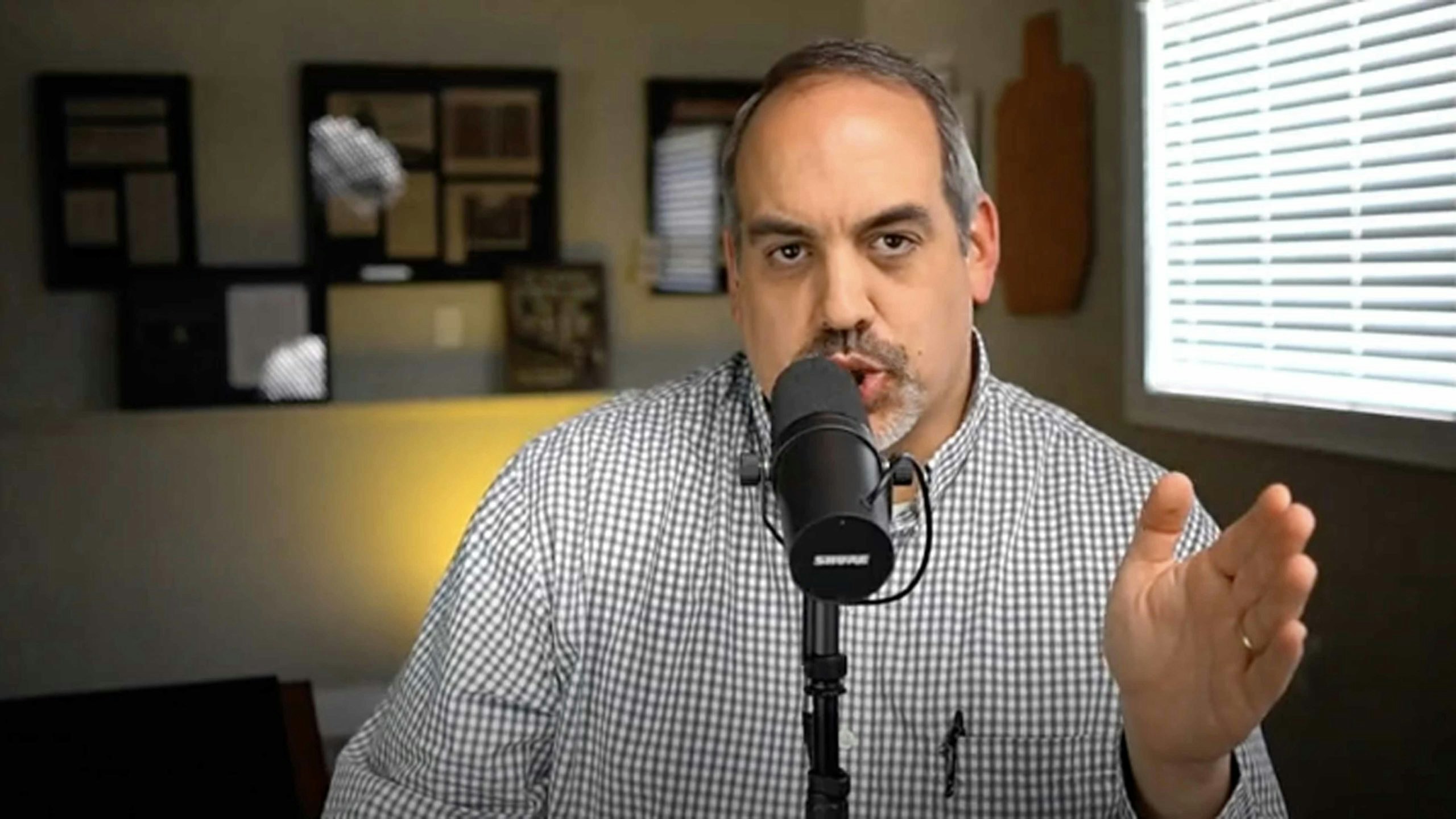An official with a Second Amendment advocacy group is hailing a judge’s decision in the group’s favor in its lawsuit against the Wyoming secretary of state.
Aaron Dorr, policy advisor for Wyoming Gun Owners, said he was pleased that a federal court ruled as unconstitutional a state law that would have made the group disclose its donors.
“”With help from the Institute for Free Speech we won … securing a victory for the First Amendment and the Second Amendment at the same time,” he told Cowboy State Daily. “On to the primaries!”
The lawsuit stemmed from a radio ad purchased by WyGO in August 2020 that portrayed state Sen. Anthony Bouchard, who was seeking re-election, as a champion of Second Amendment rights and his primary opponent, Erin Johnson, as “pathetic” because she did not mention gun rights on her website.
The Wyoming secretary of state found the ad to be “campaign electioneering” and said as a result, WyGO would need to provide its list of campaign income and expenses in keeping with state law.
The law in question requires organizations that spend more than $500 on “electioneering communication” to report its income and expenses “related to” the communication.
WyGO sued the secretary of state’s office, claiming the law created an unconstitutional hinderance to the right to free speech.
“Wyoming Secretary of State Ed Buchanan thought he could put a muzzle on Wyoming Gun Owners as a favor to his political friends in Cheyenne,” Dorr said. “He never thought we’d drag him into federal court.”
Judge Scott Skavdahl, in his ruling Monday, agreed the debate centered on the right to engage in political speech.
Skavdahl said while the state does have an interest in knowing who is speaking about a candidate before an election, it must narrowly tailor its laws make groups only report donations made to support advertising.
Without such limits, groups such as WyGO would have to separate out donations from people who only want to support activities such as lobbying or the creation of newsletters, Skavdahl said.
“Otherwise, small incidental donors with no intention of contributing to electioneering communications will be reported, which does not support the state’s interest in knowing who is speaking before an election,” he wrote.
While the secretary of state’s office argued WyGO could be required to account for the way different donations are made and used, Skavdahl said that would be too much of a burden for the group.
“If the statute is written in such a way that organizations like WyGO are required to design specific bookkeeping systems to comply with the statute, it is not clearly written or narrowly tailored,” he wrote. “It is on the state of Wyoming to prove they have narrowly tailored the statute to meet their interests and putting the responsibility on WyGO to keep proper records does not meet that burden.”
Skavdahl also found a section of the law requiring the reporting of expenses which “relate to” campaign advertising to be unconstitutionally vague.
“By this broad phrase, nothing prevents the state of Wyoming from requiring disclosure of expenses spent on gas driving to the … radio station,” his ruling said. “A reasonable person could read the statue and have trouble deciphering what ‘relate to’ means.”
Dorr, in a video posting, said if the law had been allowed to stand, groups like Wyoming Gun Owners would not be able to share information on candidates.
“But if we let these bureaucrats muzzle us through these two tyrannical First Amendment attacks via campaign finance laws, we will lose our right to expose these people at election time,” he said. “And if that happens, it will directly begin to impact our gun rights in a very very, very negative way.”





